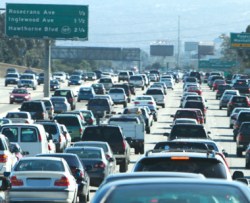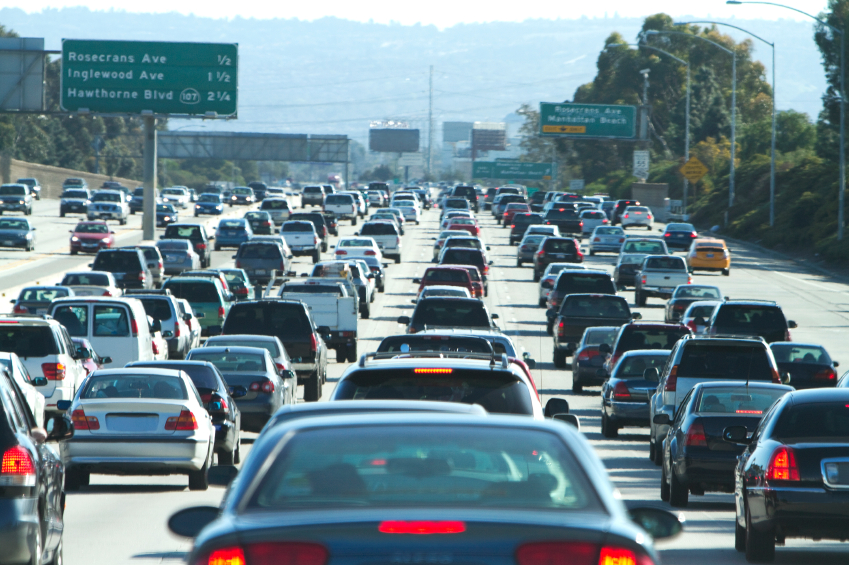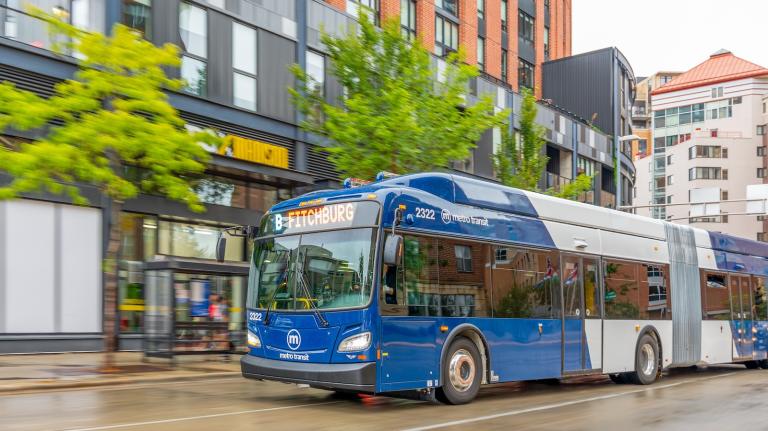 Congestion is gross whether it’s in your sinuses or your city. Urbanists spend a lot of time complaining about clogged up city roads and all the cars full of only one commuter that contribute to the traffic.
Congestion is gross whether it’s in your sinuses or your city. Urbanists spend a lot of time complaining about clogged up city roads and all the cars full of only one commuter that contribute to the traffic.
But here’s some good news for a change: Public transportation takes a huge chunk out of that congestion in dense cities. Transit saved drivers nearly a billion hours of potential car-driving delay in cities nationwide last year, according to the new annual congestion report from the Texas Transportation Institute.
“The 2012 Urban Mobility Report makes clear that without public transportation services, travelers would have suffered an additional 865 million hours of delay and consumed 450 million more gallons of fuel,” the American Public Transportation Association said. “Had there not been public transportation service available in the 498 U.S. urban areas studied, congestion costs for 2011 would have risen by nearly $21 billion from $121 billion to $142 billion.”
The biggest winners by these metrics were not necessarily the most transport-heavy metros, but the most congested ones: New York, Chicago, Boston, San Francisco, and Washington, D.C. I mean, duh, right? But the study misses a lot of other salient factors that contribute to congestion, such as where people live in relation to work and how long their commute times really are. Take those into consideration, and big metros, while super-congested, still win at public transit (because, you know, they at least have some). Diana Lind at Next City pretty much sums it up:
I guess the bad news is that we don’t have more transit, in these places and elsewhere, and that the stuff we do have doesn’t necessarily run super well and on-time, which is the most alienating thing for would-be riders.




